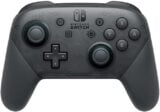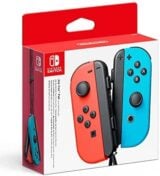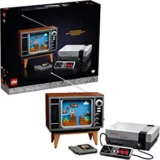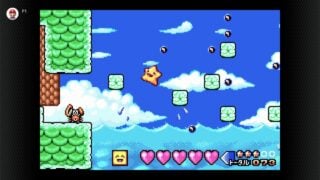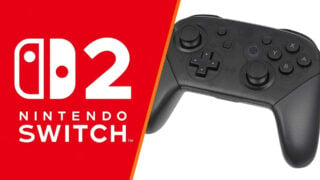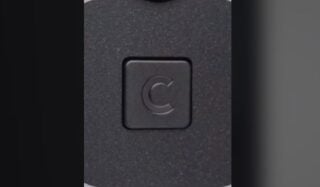It’s official: No Nintendo console has lasted as long as Switch without being replaced
It’s now been nearly 2,700 days since launch

The Nintendo Switch has now officially had the longest lifespan of any Nintendo home console pre-successor.
Since its worldwide launch on March 3, 2017, 2,687 days have passed without the arrival of a successor console, meaning Switch’s lifespan has officially beaten Nintendo’s previous longest-lasting console, the Famicom (2,686 days).
Assuming the successor to Nintendo Switch doesn’t launch before March 1, 2025, Switch could go more than 2,920 days without the launch of newer hardware.
Since Nintendo’s first breakout hardware, the Famicom (known as Nintendo Entertainment System outside of Japan), the gap between hardware launches became progressively shorter, until its previous best-selling console, Wii arrived in 2006 and lasted almost exactly 6 years before Wii U launched.
Wii U, which turned out to be one of the company’s biggest sales flops, then enjoyed the fewest days pre-successor (1,566) as Nintendo rushed ahead with its plans for Nintendo Switch.
Of course, Nintendo Switch is a hybrid console which can also be played portably, and in terms of Nintendo’s longest-lasting handhelds, Switch is still far behind the original Game Boy, which enjoyed a massive 4,352 days before the launch of its full successor, the Game Boy Advance.
Switch does, however, beat the Nintendo DS – the company’s best-selling hardware ever – which lasted 2,288 days until the Nintendo 3DS.
For our methodology, we’ve used each home console’s first launch date globally, and not included the end date in our calculations.
Days between Nintendo home console launches
- Color TV-Game (June 1, 1977) – Famicom (July 15, 1983): 2235 days
- Famicom (July 15, 1983) – Super Famicom (Nov 21, 1990): 2686 days
- Super Famicom (Nov 21, 1990) – Nintendo 64 (June 23, 1996): 2041 days
- Nintendo 64 (June 23, 1996) – Nintendo GameCube (Sep 14, 2001): 1909 days
- Nintendo GameCube (Sep 14, 2001) – Wii (Nov 19, 2006): 1892 days
- Wii (Nov 19, 2006) – Wii U (Nov 18, 2012): 2191 days
- Wii U (Nov 18, 2012) – Nintendo Switch (March 3, 2017): 1566 days
- Nintendo Switch (March 3, 2017) – Present day (July 11, 2024): 2687 days

Nintendo confirmed in May that it will announce its next console “this fiscal year”, meaning the Switch’s successor will be revealed by the end of March 2025 at the latest.
“This is Furukawa, President of Nintendo. We will make an announcement about the successor to Nintendo Switch within this fiscal year,” a statement read. “It will have been over nine years since we announced the existence of Nintendo Switch back in March 2015.”
In its financial results published the same month, Nintendo confirmed it had sold 141.32 million Switch consoles. If it hits its sales forecast for the current business year (13.5m), Switch will be close to beating Nintendo DS (154m) and PlayStation 2 (~160m) as the best-selling console in history.
This is unusually strong performance for a console that’s surely close to the end of its lifespan, but Switch hardware sales are clearly in decline, especially in the major markets outside of Japan (where sales actually increased this year).





